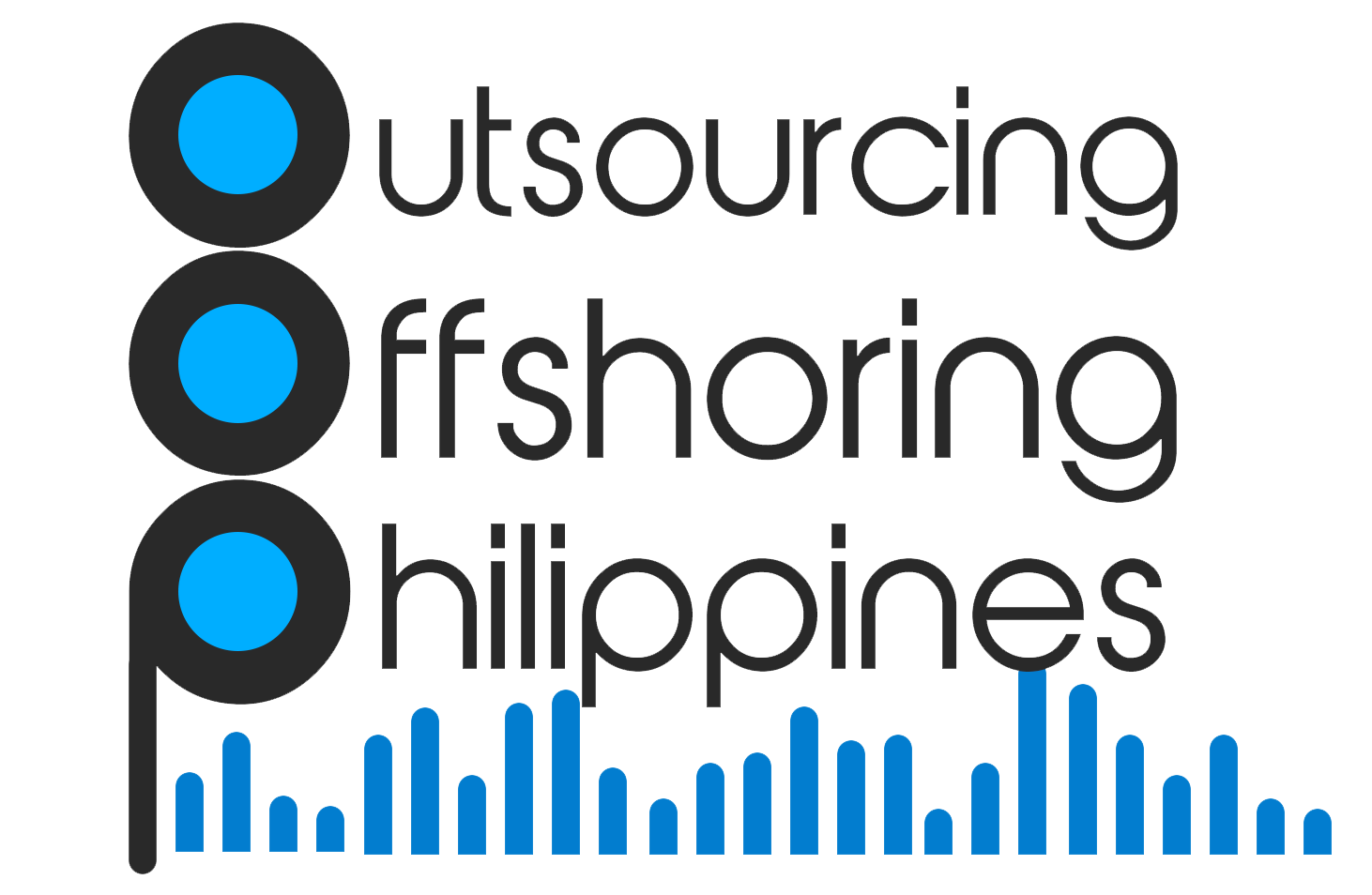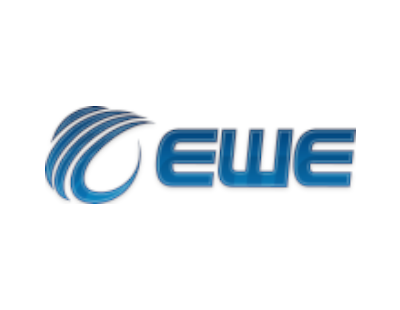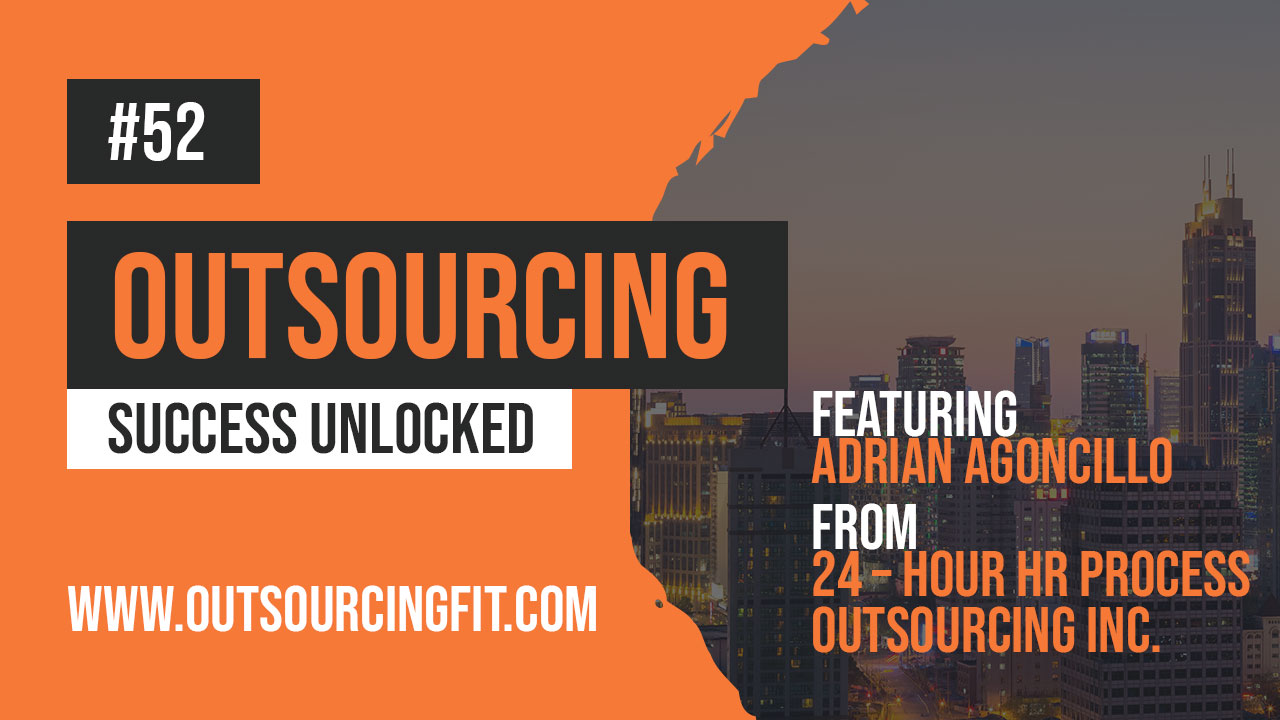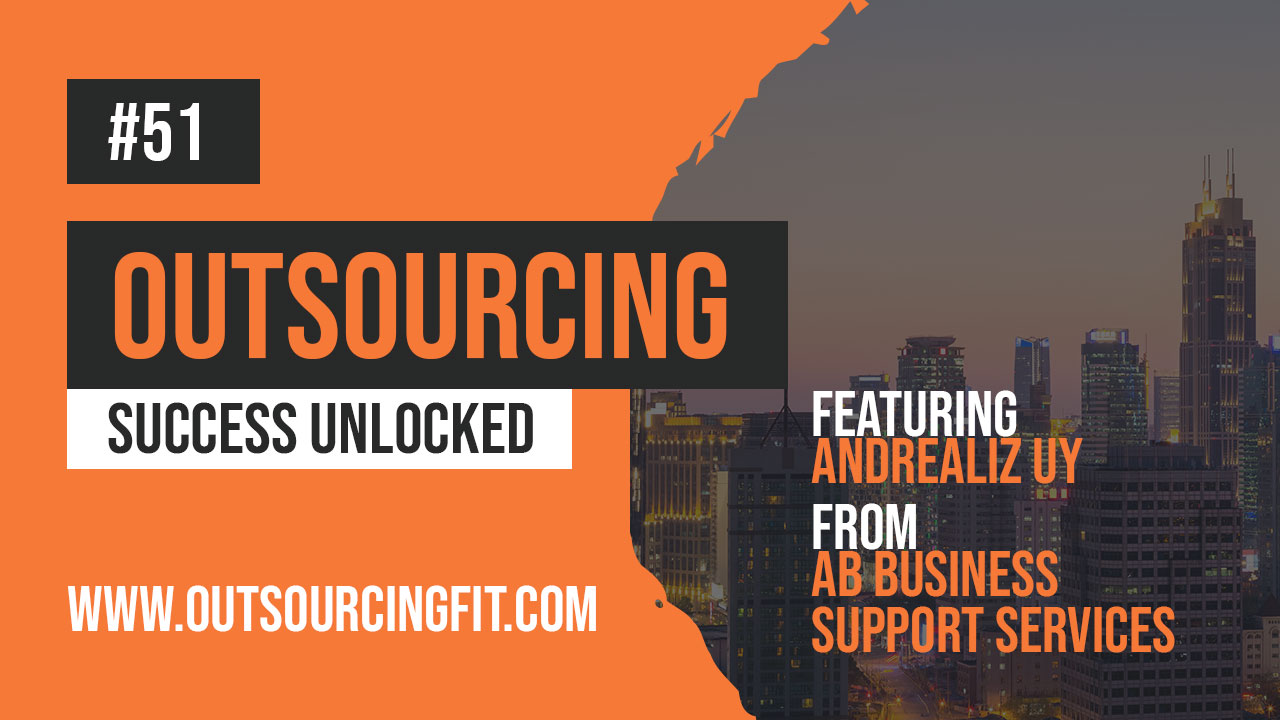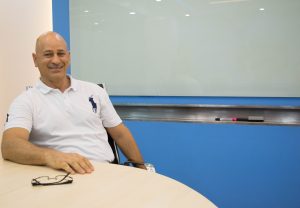 Guest: Paul Magiatis
Guest: Paul Magiatis
Presenter: Henry Acosta
Guest Bio: Paul Magiatis is a successful Property Developer from Australia with Greek roots. Paul is best known for his ability to motivate and inspire other people to be the best they can be. He has always liked exploring new possibilities and pushing his boundaries. At the age of 19, he has already purchased his first home by working in many family businesses. At age 50, he has bought and sold over 79 properties. Back in November 2008, at the peak of the Global Financial Crisis, Paul re-engineered his business structures and moved the back-office administration function to the Philippines. It was a decision that kept his business viable at a time when most businesses were falling into liquidation.
Segment overview: East West Enterprises is Business Process Outsourcing (BPO) company that specialises in delivering exceptional virtual staff to small to medium sized businesses in Australia and New Zealand. Most of their teams are based in the Philippines, where the time-zone is very compatible with Australia and New Zealand. In this segment, we are joined by Paul Magiatis, CEO of East West Enterprises, to talk about the scope of their services and why offshoring to the Philippines is a good strategy to build and grow your business.
Address: IT Park, Skyrise 4, 18th Floor, Cebu City, Cebu
Contact:(INTL) 1-300-857731
Website: www.eastwestenterprises.com.au
To know more about East West Enterprises, listen to the podcast below.
The interview will start at the 18:52 mark of the podcast:
Transcript
Henry Acosta: You’re listening to the Outsourcing and Offshoring Philippines podcast with Henry Acosta. Our guest today is Paul Magiatis. Paul is from Australia but his parents are Greek so they came from Greece. He is also an entrepreneur but he prefers to be called ‘Protagonist.’ He has made his mark in the business industry by developing multiple businesses with a lot of success and he’s with us today to talk about one of his businesses in particular called ‘EastWest Enterprises.’ EastWest Enterprises or EWE is a company that offers staffing to small and medium sized businesses. So with all that said, thank you so much for coming on the show Paul. We’re glad to have you here.
Paul Magiatis: Well, thank you very much Henry.
Henry: I just gave a brief intro but I don’t think that’s enough. So can you tell us a little bit more about yourself and how you got started with EWE?
Paul: EWE was born out of necessity back in the global financial crisis in 2007-2008. I had small businesses at the time. And the cost of doing business in the country was very, very expensive. And it just wasn’t viable, we’d have to either shut those businesses down or find a better way. So we started EWE initially with the view to have a model where we could start our own businesses and make them cost-efficient and also save some Australian jobs because if we had to close our doors, we would have to get rid of everybody. So by reducing the cost-base and offshoring, some of the operation to Cebu, we do like Cebu because it’s much easier to go around. It made it viable to keep the business going and that business is still going today and still employs people and it still feeds families. So that’s originally the reason why we started the EastWest.
Henry: That’s a really great idea on how you said that you tried saving jobs since a lot of people have this misconception with outsourcing and offshoring where you’re taking jobs away from your country and putting them in a different country.
Paul: On the contrary, you’re not. You’re saving Australian jobs because if small business doors start to close, everybody loses. So if we have to offshore some jobs to keep our jobs safe here, then it has to be done, otherwise we will all lose our jobs.
Henry: With regards to EWE, can you tell us about the services that you guys offer to clients?
Paul: Sure, EWE it’s very diverse. So it’s a very different type of BPO. It’s more, I would say boutique around the more experienced and high-end virtual assistants. For instance, we have large law firms in Australia which are our clients and we do a lot of their transcription and editing in our offices. So we have law graduates, law students and paralegals working with the law firms. We have finance companies that we do their administration for following up the checklists and clients to get finance deals across the line. We have online shops, we do the backend admin for all the online shops where we add stock, check stock, or order stock. I think, from memory, we staff about 25 businesses in Australia and keep their doors open. We have plumbers and electricians, we have scheduling done in the Philippines so the emails and phone calls all go inbound into the office and the staff then schedule using obviously programs – they schedule their workloads for the electricians and plumbers etc. So it’s very diverse and we’ve tried to find super experienced high level VAs for each client so there’s a lot less training necessary really and that’s kind of our model, more high-end boutique BPO.
Henry: How much employees do you have right now?
Paul: Twenty five I think? On the top of my head.
Henry: Alright. With regards to your clients, how do you guys usually get your clients?
Paul: Most of our clients are through networking so I network quite a lot in Australia. I don’t do a lot of SEO and Facebook, I do a little bit but most of our business is through my networking and my business contacts. And through our own businesses as I say, I’ve got six small businesses and business partners with either of those and other businesses. So between just our small group of businessmen, we can pretty much sustain a BPO by ourselves. And a lot of the time, I will do information sessions in Australia to different companies and to different groups to showing them how outsourcing works much like your podcast – show how it works, the benefits, where it’s appropriate and where it’s not. So with those workshops and awareness sessions that I run and I’ve been running it for three or four years now. A lot of business comes from that, not straightaway but perhaps a year down the track when people have realized that there is a part of their business that really needs to be offshored.
Henry: With your clients, hence we are starting out with outsourcing and offshoring for the people who are interested in doing it. What are the things that they should know before they get started with outsourcing to the Philippines?
Paul: Small business is interesting. I deal with a lot of micro businesses which are less than five employees. The challenges for them is being organized and knowing how to allocate jobs. If a client comes to me, they have no policy, no process, no procedures, they’re just busy – that’s not going to work for them. If they have no job descriptions and no idea of how this is going to work and no plan, we don’t take them on. What we suggest they do is have a look at what they do every day, quite simply. Write it in a list of headings and each of those headings, they break that down into tasks and then they’ll kind of look at that and see which part of the workflow would make their life easier. For instance, I said with that electrician and they’re not really busy, they were taking phone calls on letters was quite dangerous and forgetting appointments because they didn’t have time to write them down and all that sort of stuff. So I sat with them and their problem was inbound calls, they were getting inbound calls all the time in a roof and they didn’t have time to sit down and actually book the job. So we diverted their phones, we created a process where they diverted their phones and emails offshore to the Philippines and hired someone with experience in scheduling. Now that person took the calls, put them in a diary and in an operating system called the ‘GO Up.’ Logged all the jobs for them and at the end of the day, they would have a call, have a look at the jobs for tomorrow and then they could just allocate which electrician went to which job. Now that actually increased their business by something like 20-25% because they no longer forgot to do jobs, and they’re no longer forgot to bill jobs and they no longer had to take the calls to schedule it themselves and when it’s not appropriate and they’re in a roof space and they just can’t do it, they just forget. So their workload, went up like 25% because someone could fill their diary for them. So there’s an example and that’s a pretty successful example. Those guys are still with us, they have a few vans on the road now with all the scheduling done in the Philippines and it’s good for their business, it has helped them grow to the next level. I couldn’t afford to do that here. I couldn’t afford to put on a person to do that full time here because it would just cost them all than it’s worth.
Henry: For a small business, 25% growth – that’s really a lot compared to other big companies where they’re just aiming for like 1% growth in a year.
Paul: Absolutely. And Henry, with small business and micro business, outsourcing can make a massive difference but as you know with the large businesses that we’re talking small percentage growth. With a small business, you can make a massive impact on your bottom line within weeks.
Henry: Are your clients usually just from Australia or do you have other clients from other continents?
Paul: Predominantly we’re Australia, we’re looking to launch into the States at the end of the year with the client that’s growing with us. But predominantly, we have Australia, New Zealand and a little bit over the UK occasionally.
Henry: With regards to your employees, when you’re looking for one, what are the things that they have to know when they apply for a job for EastWest Enterprises?
Paul: With EastWest, it’s a fairly simple process. I’ve got a HR unit that actually advertise … they have a Facebook page and people just inquire straight off the website, it’s [email protected]. And send their resume in our HR unit and operations people go through all the resumes, shortlist and bring people in for interviews. And we usually have five or six CVs at any one time sitting there ready to hire. And we also incubate teams so I have my staff but we also have teams that we’re building for other businesses that in time they want to have their own BPO. So we assist them in building their own BPO offshore by just incubating that team until they’re organized and incorporated etc. So that’s another service that we offer for a small business that’s kind of growing and wants to have their own BPO in time.
Henry: Well, with regards to your clients and employees, have you ever had clients go to the Philippines and go to Cebu and meet their employees firsthand and actually train them?
Paul: Yes, that happens a bit I’d say. In general, most of the training is Zoom or Skype but we have had people go over, we have two or three clients now who go over and visit their virtual assistants and their teams and do some training. And mainly for team-building, the training can be done, this environment can be done virtually but mainly team-building.
Henry: Would you ever recommend clients going to Cebu first or they can just do it straight from home when they start outsourcing?
Paul: They can start from home. It’s easier to you, if you’re going to have a virtual business then you need to learn how to run virtually so your best bet is to start your virtual business with your virtual team on your Zooms and your Skypes and the communication channels that you would use. Set yourself up so that basically their office is your office as well. We have cameras and screens in our office in Cebu so at anytime we can just look at each other and ask questions. So it’s no different to being in the same room really as employees. So if you have that culture, you start that in the beginning and that works for you then you would go over and when you have a solid team and everyone’s been regularized, then you would go over and do some training and meet the team. But until then, I think work virtually because that’s the idea of it to save and make it work. Save the money, make it work, increase your bottom line, get a team that works well together and then go over once they’re regularized and the system is working.
Henry: Well we’re down on our last few questions. Can you tell us the biggest lesson that you can share with our audience right now? Since usually the people who listen to us are business people who are interested in outsourcing
Paul: The biggest lesson, biggest lesson I’ve learned is a culture lesson. We have to be a lot more flexible with our staff in the Philippines when it comes to lates and family days off and the reason for that it’s just a cultural difference that we have. We have to be lenient because that’s someone’s culture we’re dealing with so we have to be respectful of that. And family is first in the Philippines and that’s a wonderful thing and it should be the same here. So if a family member is ill, we give a lot of ‘slack’ we call it to our team. So if someone is ill or the children are ill and people can work from home. We let them work from home occasionally to make sure that the work still gets done if they want to do it that way but they could still be home for their family. So the biggest lesson we learned was to be flexible with family and culture because family is first and if you are someone to choose between their family and their job, you’ll be disappointed.
Henry: What would be the best way to get in touch with you Paul and actually even get in touch with EastWest Enterprises so they can start talking to you guys?
Paul: Excellent. You can find me, anyway if you Google Paul Magiatis you can find me. I’m pretty much everywhere. LinkedIn is a good source for me, Paul Magiatis on LinkedIn. I have a Facebook page if you Facebook Paul Magiatis, I’m on that. If you simply email EastWest Enterprises straight off the website which is eastwestenterprises.com.au, email in, or chat, live chat, someone will pick up that chat and we can correspond with you pretty quickly and we can communicate very quickly with anyone, anywhere in the world.
Henry: Alright. Well, that’s all our questions for today and thank you so much for stopping by Paul.
Paul: Thanks Henry. Thank you and I look forward to listening to your podcast.
Henry: That was Paul Magiatis, the Protagonist and entrepreneur of EastWest Enterprises. We have just finished talking about the EWE and their story on how they’re outsourcing and helping small to medium sized businesses in the past few years. As we all know, the BPO industry has a lot to offer. So if you want to learn more about it and the industry in the Philippines, you can go to offshoring.com.ph. You can listen to us, and stream and download us on iTunes, SoundCloud and YouTube. Follow us on our social media pages which is on our website. I’m Henry Acosta, reporting to you for the Outsourcing and Offshoring Philippines podcast.

